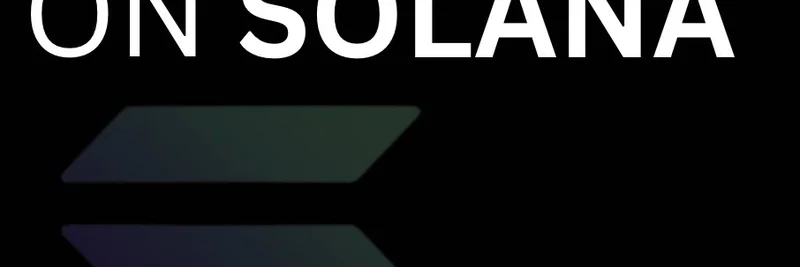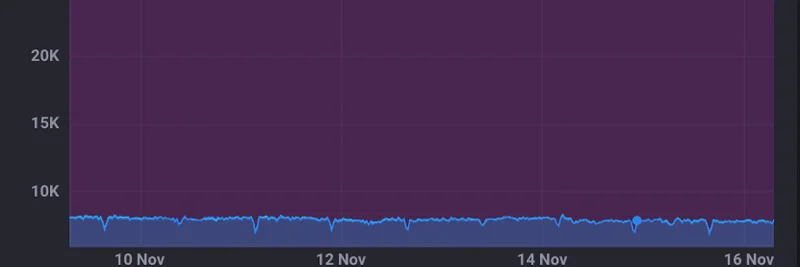The crypto world is buzzing after a key governance vote in the dYdX ecosystem. As announced in a recent tweet from Nethermind, a leading blockchain research firm, the vote has passed, ramping up buybacks to 75% of net protocol fees. This move marks a significant pivot in how dYdX allocates its revenue, and it's one that could have ripple effects for meme token enthusiasts trading on the platform.
For those new to dYdX, it's a decentralized exchange (DEX) specializing in perpetual futures trading—think endless contracts without expiration dates, perfect for betting on volatile assets like meme coins. The DYDX token is the governance powerhouse here, allowing holders to vote on proposals that shape the protocol's future. Buybacks refer to the protocol using its earnings to purchase DYDX tokens from the open market, which can reduce supply and potentially drive up the token's value over time.
Nethermind's tweet highlights why this change is a big deal: the MegaVault, dYdX's automated liquidity provider system, was draining resources—costing 14 times more than it brought in through net fees. MegaVault helps maintain smooth trading by providing liquidity, but its high costs weren't sustainable. On top of that, staking DYDX (locking tokens to earn rewards) wasn't responding well to yield changes, meaning it wasn't attracting enough participation based on returns alone.
Nethermind, known for their deep dives into Ethereum and DeFi protocols, played a pivotal role with their analysis. Their research likely pointed out these inefficiencies, pushing the community toward this revenue reallocation. You can check out more details from their analyst call here, where they discussed protocol growth, fee generation, and economic models.
So, what does this mean for meme tokens? dYdX is a hotspot for trading perps on trending memes like PEPE or DOGE derivatives. By shifting more fees to buybacks, the protocol could strengthen DYDX's value, attracting more stakers and validators. This, in turn, might lead to a more robust network with better liquidity and lower fees overall—music to the ears of meme traders who thrive on quick, low-cost moves in volatile markets.
This isn't just about one DEX; it's a lesson in DeFi governance. Projects like dYdX show how community-driven decisions can optimize operations, potentially setting a precedent for other platforms handling meme token trades. If you're into meme coins, keeping an eye on these shifts could give you an edge in understanding where liquidity and opportunities might flow next.
As the blockchain space evolves, moves like this underscore the importance of data-driven analysis from firms like Nethermind. It keeps protocols efficient and aligned with user interests, ultimately benefiting the entire ecosystem—including the wild world of memes.


